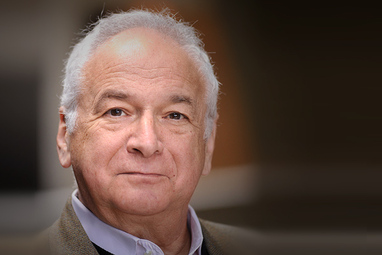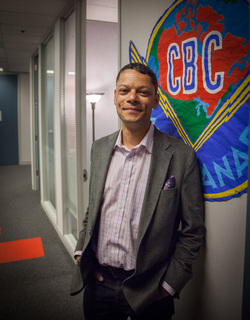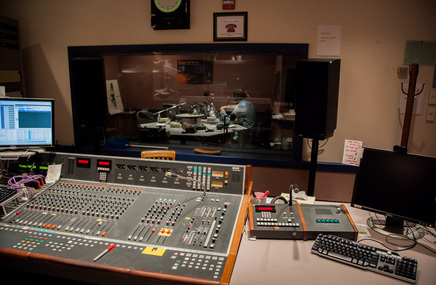
This is true both within the confines of the CBC and for us as a country. Why does the CBC exist? What should its central role be? Is it to attract as many viewers and listeners as possible, or to examine the issues confronting us as citizens? Is it a mix? Whatever your stance, the idea of what the CBC is all about, has become rather muddled over the decades.
This problem of purpose hasn’t just been occurring in the public sphere either. Take our newspapers and private broadcasters. What were once seen as businesses yes, but different types of businesses - ones which came with responsibilities of public interest - have now in almost every case become merely one part of much larger corporate conglomerates. And in the process, the sense of journalism and media as having greater social responsibilities has largely been lost to the dictates of profit.

In this context, Jeffrey Dvorkin has an interesting vantage point from which to examine the problems facing the CBC and to think about the role of public broadcasting. He’s spent his life in broadcasting and has held senior positions at both the CBC and at National Public Radio (NPR) in the United States. For a number of years he was a Managing Editor and Chief Journalist for CBC Radio in Toronto before he moved to America to work for NPR, first as the Vice-President of News and Information, and then as NPR's Ombudsman.
Jeffrey Dvorkin now heads the journalism program at The University of Toronto Scarborough campus, and frequently comments on media issues.
As you’ll hear in our interview, he has some interesting suggestions based on his time with NPR, (and seeing how they dealt with similar challenges) of how the CBC could be potentially re-imagined, both in terms of its funding model, and in how it goes about serving the Canadian public.
Hope you enjoy it. He’s my conversation with Jeffrey Dvorkin. Listen below!


 RSS Feed
RSS Feed